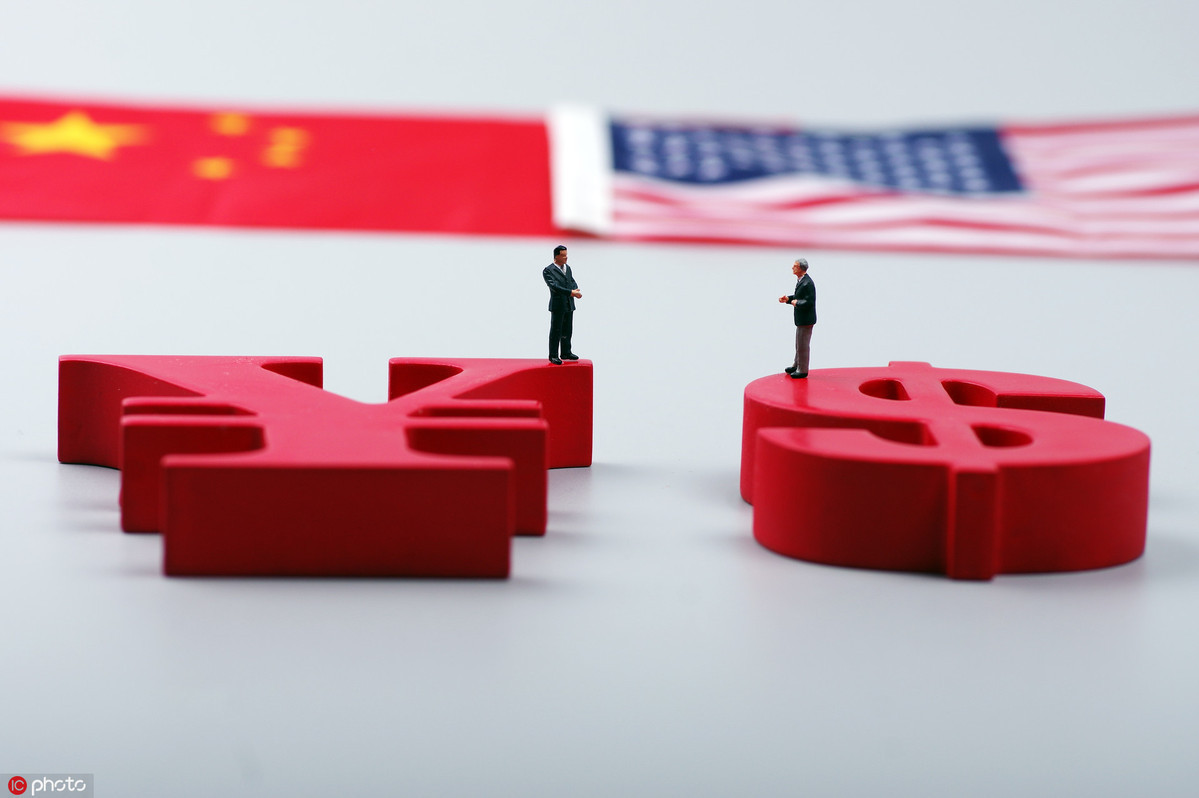
(Photo:IC)
Despite all the talk of decoupling amid other diplomatic discord, the United States' trade with China remains exceptionally strong.
The deficit with China rose by $2.2 billion to $26.5 billion in October, according to a US Commerce Department report released Friday. Exports to China increased $1.1 billion to $13.1 billion, and imports were up $3.3 billion to $39.7 billion.
US goods exports to China rose to a record $14.72 billion in October from $11.54 billion in September. Imports from China jumped to $44.83 billion from $41.21 billion in the month, hitting their highest mark since December 2018.
Total US exports and imports rose for the fifth straight month, with the global economy getting a boost from a strong post-pandemic economic rebound in China.
China remained the US' top trading partner in October, and commerce between the world's two largest economies accounted for 16.9 percent of all US trade in the month, according to US Census Bureau data.
In the 10 months through October, exports of goods to China rose to $95.82 billion, from $87.44 billion in the same period last year. Imports fell to $348.72 billion, from $381.55 billion a year earlier. Services exports to China have remained suppressed because of a decline in tourism and education spending resulting from the COVID-19 pandemic.
Economist Stephen Roach, in an opinion piece published on the Financial Times website Sunday, speculated on a root cause of US trade deficits.
"Trade imbalances between nations do not occur in a vacuum. They are an outgrowth of macroeconomic saving problems," he wrote. "The US, with its chronic shortfall of domestic saving, ran merchandise trade deficits with 102 nations in 2019. China, with its chronic saving surplus, ran merchandise trade surpluses with 159 nations in 2018.
"For that reason alone the current approach to the US-China trade dispute is flawed, as are the tariffs that underpin it," wrote Roach, a faculty member at Yale University and former chairman of Morgan Stanley Asia. "There can be no bilateral fix for a multilateral problem. That has only led to trade diversion among trading partners —imposing higher costs on consumers and producers on both sides."
Roach said that the US should increase its savings rate while China should reduce its own.
"That will be harder for Washington than for Beijing, as US saving is now under acute pressure with huge Covid-19-related budget deficits," he wrote.
China also has experienced strong trade growth with the European Union.
According to the EU's statistical office, the volume of Chinese-EU trade from January through September was 425.5 billion euros, or about $516.8 billion, surpassing US trade with the EU, which was valued at 412.5 billion euros, or about $501 billion during the same three quarters.
"As important trade partners to each other, China and the EU are highly complementary in economies and boast huge potential in broad cooperation areas," Chinese Foreign Ministry spokesperson Hua Chunying told a news conference in Beijing on Friday.


